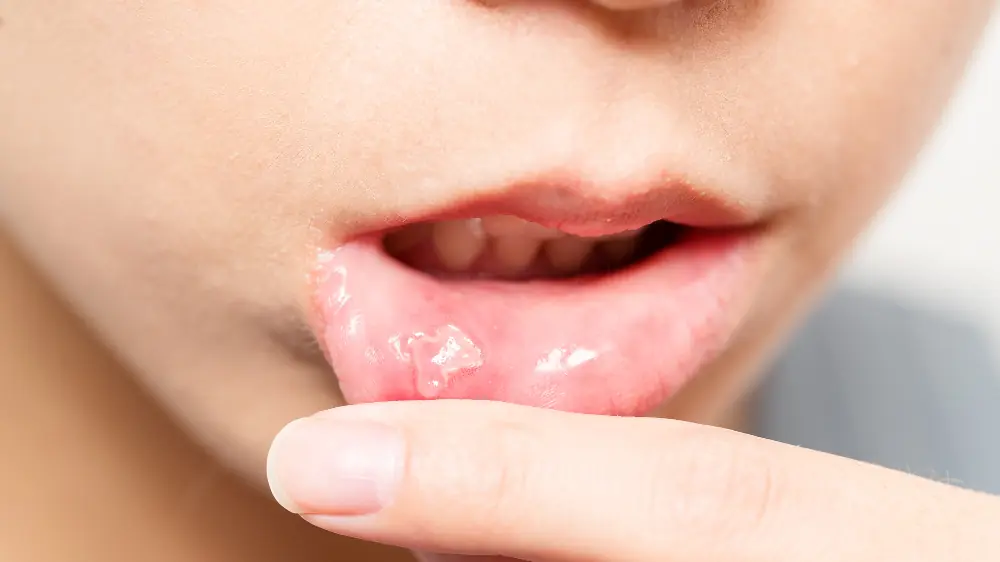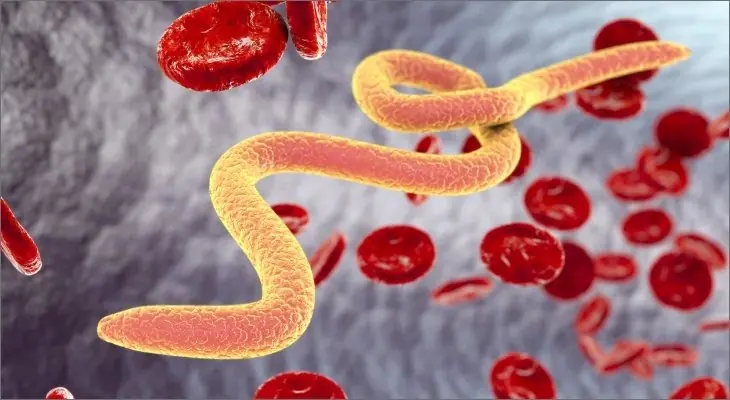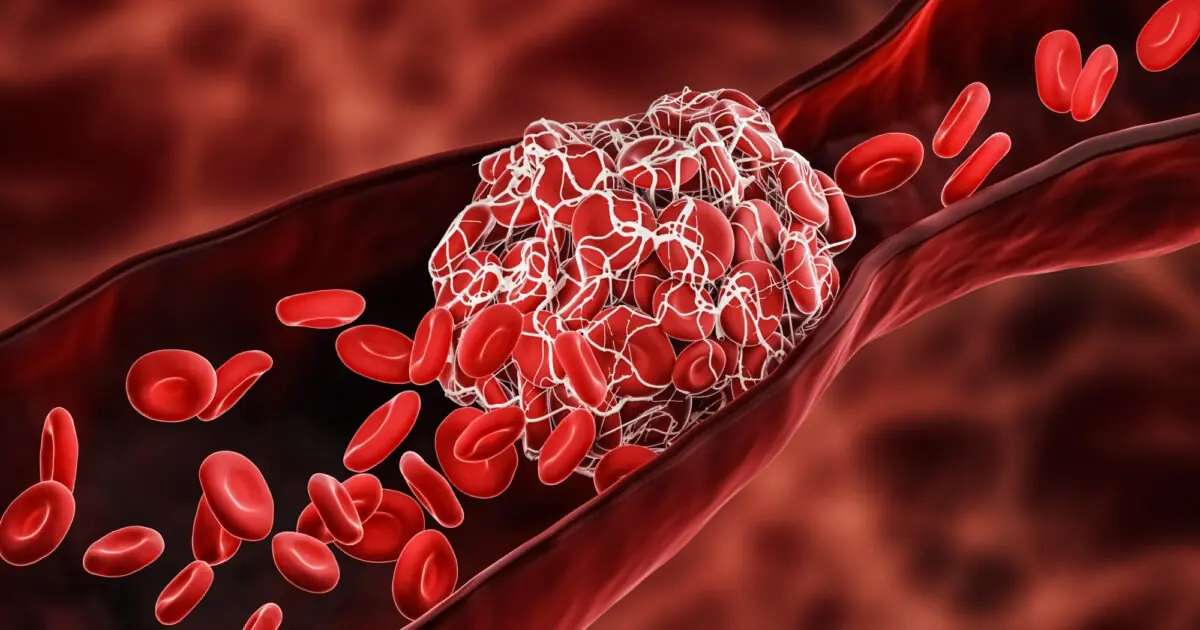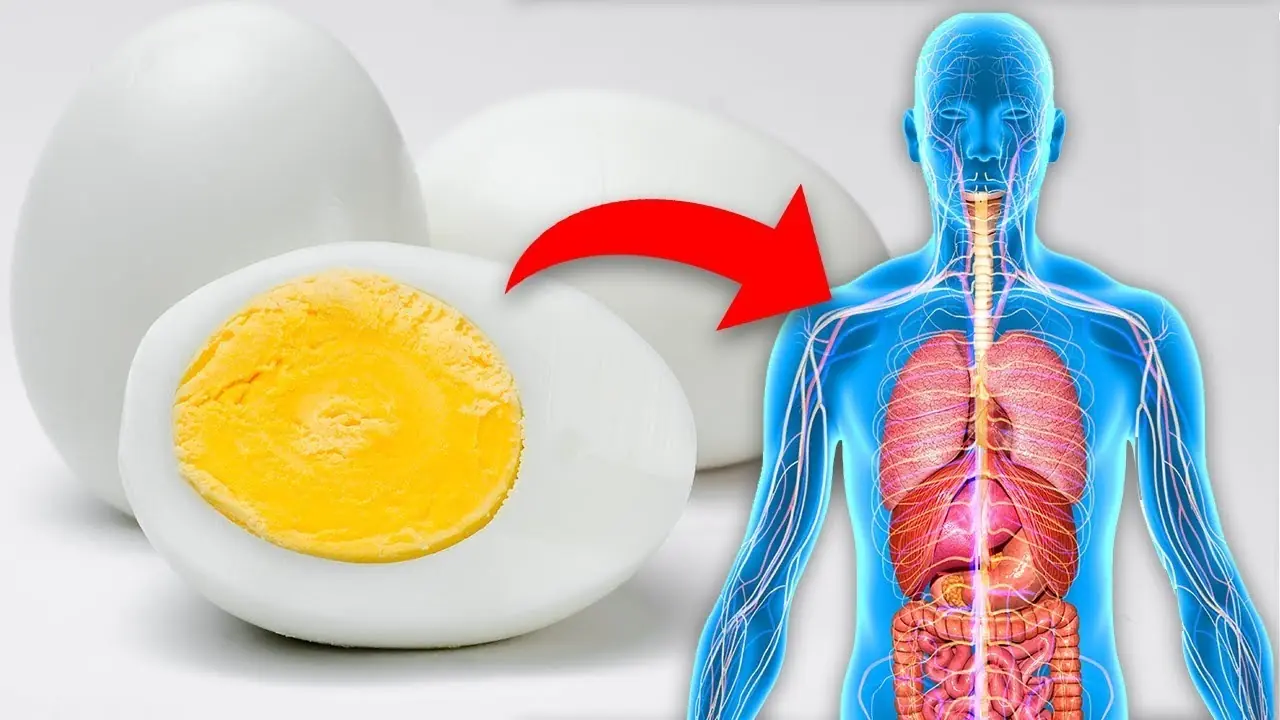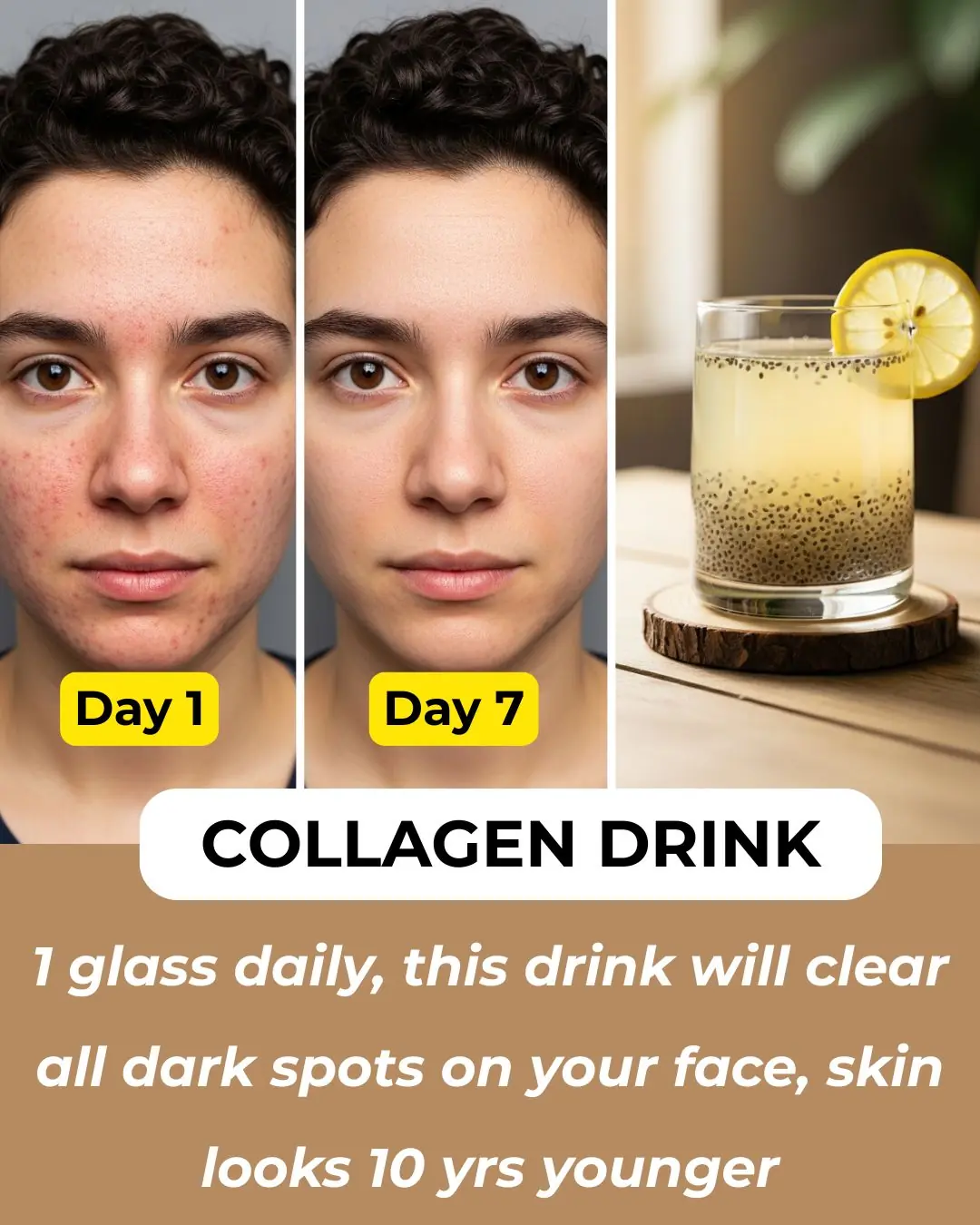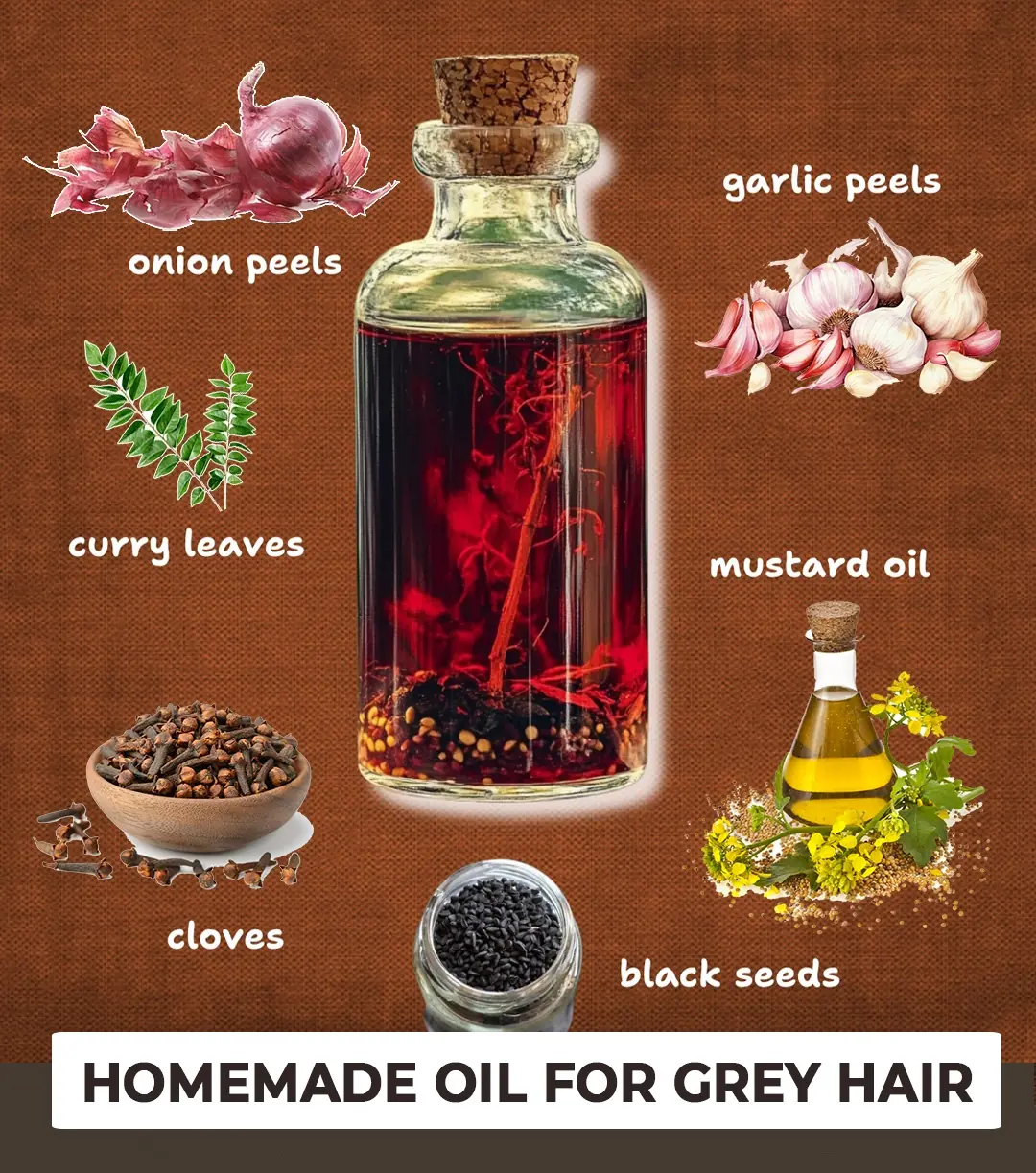Considering adding lemon water to your daily routine for a healthier liver? It's a great idea, but you might be making some common mistakes that actually work against your liver instead of helping it. Studies indicate that when prepared and consumed the right way, lemon water can reduce liver fat in just two weeks and lower liver damage markers by over 25%. However, many people either miss out on these benefits or unintentionally cause harm due to simple errors. (Based on the teachings of Dr. Livinggood)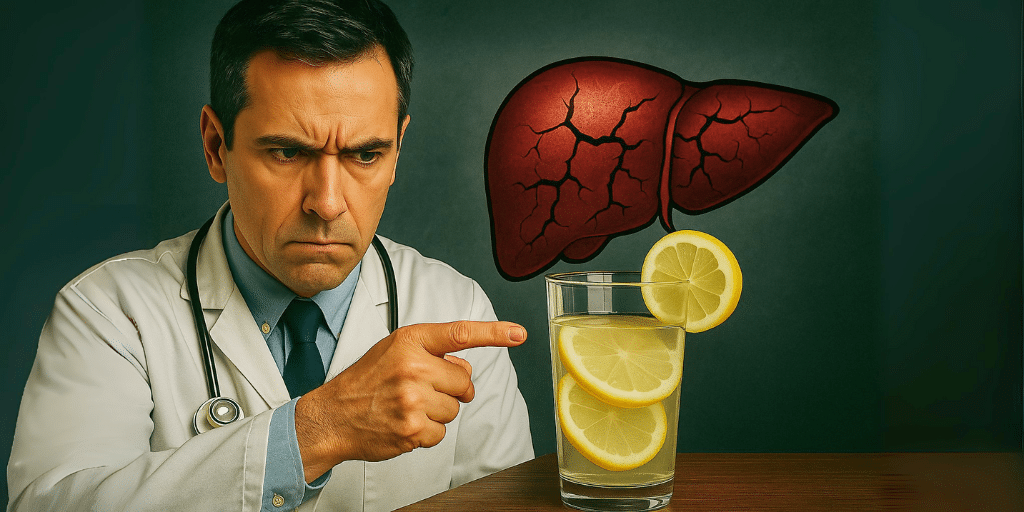
The Importance of Concentration
One of the biggest mistakes people make is preparing their lemon water too weak. Just adding a few drops of lemon juice to a large glass of water means you're essentially just drinking flavored water. Your liver requires specific compounds found in the pulp and peel of the lemon to burn fat and protect itself. These compounds are essential for activating your body’s detox pathways and shielding liver cells from damage. If you aren't using enough lemon or you're skipping the peel and pulp, you're missing out on most of the good stuff.
On the flip side, more isn’t always better. Using more than one or two lemons a day, or exceeding two tablespoons of lemon juice, can cause problems. Too much acidity can lead to stomach irritation, bloating, reflux, and even damage to tooth enamel. The sweet spot is around half to one whole lemon squeezed into 8 to 12 ounces of water. Using 16 ounces is also a good option. Fresh lemons are best, and storing them in water in a glass container in the fridge can make them last up to four times longer.
If you only have lemon juice, 1 to 2 tablespoons in 12 ounces of water can still work, but limit yourself to one or two glasses per day. Consistency is more important than quantity.
Letting It Infuse for Maximum Benefits
Another common error is drinking lemon water immediately after making it. While it still offers some benefits, you’re mostly just enjoying the taste. The compounds that truly help your liver, such as vitamin C, antioxidants, and oils from the peel, need time to infuse into the water. Letting your lemon water sit for at least 5 to 10 minutes allows these compounds to be released more effectively, giving your liver the support it needs.
If you're using bottled lemon juice, opt for organic versions. Be aware that pasteurization can reduce the vitamin C content, and preservatives can add unnecessary stress to your liver. Fresh lemons, allowed to soak, offer the best compounds for liver health.
Timing Is Everything: When to Drink Lemon Water
When you drink your lemon water can significantly impact its effectiveness. Drinking it right before or during a meal can dilute stomach acid, which is needed to properly break down proteins and fats. This can interfere with digestion, meaning you won’t get the full benefits of the lemon water, and it could even strain your digestive system and liver.
The best time to drink lemon water is on an empty stomach, at least 30 to 60 minutes before a meal. This allows your liver to absorb the beneficial compounds without interference, helping it focus on detoxing and fat metabolism.
Drinking it right before bed can also be problematic for some. If you experience acid reflux or heartburn, the acidity can worsen symptoms when you lie down. Since your liver does much of its repair work overnight, drinking lemon water too close to bedtime could interfere with this process. If you prefer to drink it later in the day, try having it between dinner and bedtime.
Avoiding Sweeteners: The Hidden Danger
Many people find lemon water too tart and reach for sweeteners, but this is a major mistake. Adding any kind of sugar, including honey, agave, or fruit juice concentrates, signals your body to store fat. Since the liver is where much of this fat is stored, sweetening your lemon water can actually work against you, especially if you're addressing fatty liver.
Artificial sweeteners are no better. Many are processed by the liver and can add to its toxic load. Even zero-calorie sweeteners can be harmful. Agave and fruit juice concentrates are high in fructose, which the liver has to process, essentially overworking it and driving more fat into the liver.
Honey, while it has some benefits, is also high in fructose and should be avoided when healing your liver. If you need a touch of sweetness, opt for pure stevia or monk fruit, preferably organic versions. These are safer choices that won’t harm your liver.
Consistency Is Key: Lemon Water Is Not a Quick Fix
Treating lemon water like a quick fix—drinking it sporadically or for only a week—won’t yield the desired results. Your liver is constantly exposed to toxins from processed foods, sugar, and environmental factors. Lemon water’s benefits, such as vitamin C and antioxidants, build up over time with consistent use. They don’t work like a one-time cleanse.
Studies show measurable improvements in liver fat and damage markers after just two weeks of steady use, with benefits continuing to compound. By 12 weeks, the changes can be even more dramatic, but only if you stay consistent. Making lemon water a daily habit, at least until your liver is healed and weight is reduced, is crucial for supporting your liver’s health and fat-burning processes.





